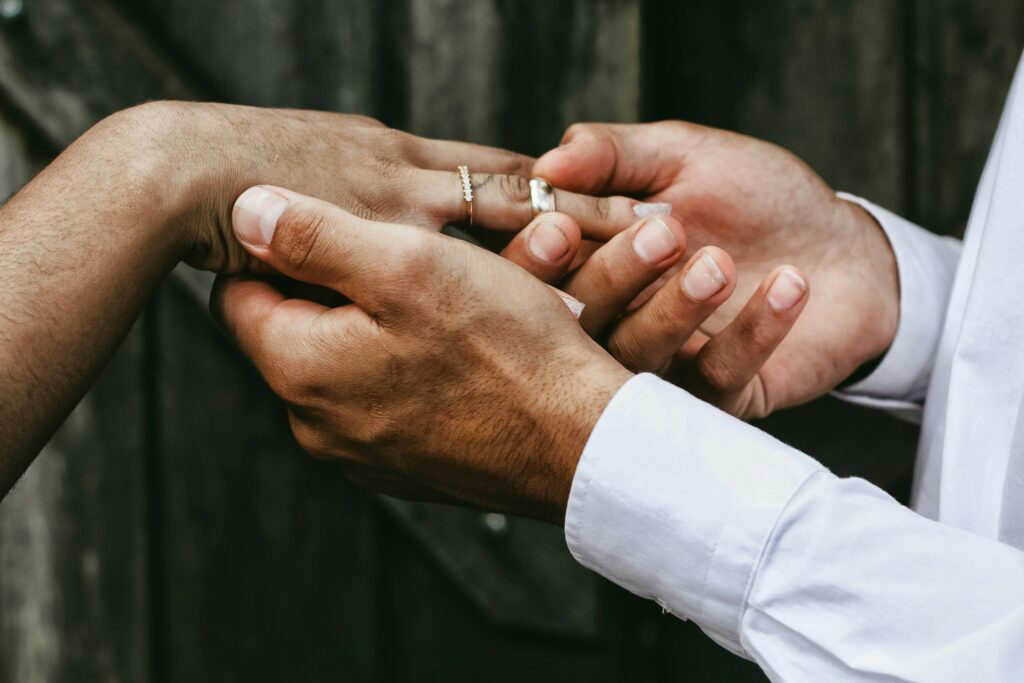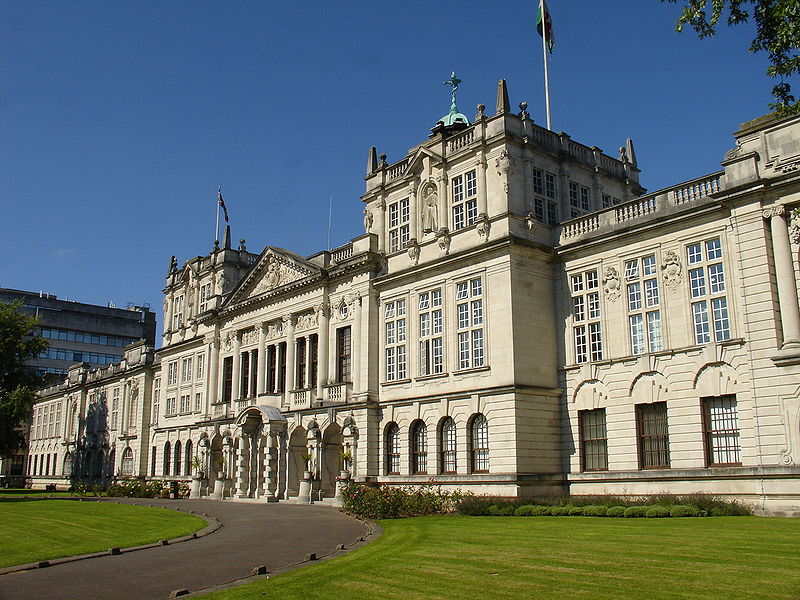Too often, women who are most likely to be subjected to violence and forced marriage are excluded from research on the topic: this needs to change.
Black, Asian and Minority Ethnic women are statistically more likely to experience domestic violence and abuse and face significant barriers to accessing support.
Our particular focus in this article is forced marriage, which is inextricably linked with so-called honour-based violence and the collaborative research partnership between the University of South Wales (USW) and Bawso. A specialist pan-Wales organisation, Bawso has over 25 years of experience in working with, supporting, and advocating for ethnic minorities who are affected by these forms of abuse, including female genital mutilation, and human trafficking (over 6,000 each year).
Via the Violence Against Women, Domestic Abuse and Sexual Violence Research Network Wales, and the George Ewart Evan Centre for Storytelling, USW and Bawso are working in partnership to reach out to Black, Asian and Minority Ethnic women to centralise them as experts by experience, build trust, and understand how best we can ensure their voices are heard, understood, and acted upon. One result of this collaboration is the Understanding Forced Marriage report. Further collaborative projects include the National Lottery Heritage Funded ‘Bawso Oral Stories’ project, which works with Black, Asian and Minority Ethnic women to record and preserve their experiences thus fostering understanding, and a planned project to work with Black, Asian and Minority Ethnic women who have experienced all forms of domestic violence and abuse in relation to multi-agency support.
Globally, violence against women and girls, domestic abuse and sexual violence (often abbreviated to VAWDASV) is a major public health, social care, criminal justice, and human rights issue. It causes serious emotional, physical, health and socio-economic harms and can have fatal consequences. VAWDASV encompasses gender-based violence; intimate partner violence; domestic violence and abuse; sexual violence and abuse; coercive control; forced marriage and honour-based violence including female genital mutilation; human trafficking; sexual harassment; cyber harassment and adolescent dating violence.
The economic and social cost of domestic violence and abuse alone is substantial (estimated as £66 billion per annum in England and Wales), indicating the cost of all forms of VAWDASV is considerably higher.
In England and Wales, approximately 1.7 million women experienced domestic violence and abuse, with rates amongst Black, Asian and Minority Ethnic women (Mixed, 8.7%; Asian or Asian British, 3.9%; Black or Black British, 5.9%), higher compared to white women (5%)3.
Tackling all forms of VAWDASV is a Welsh Government priority. The VAWDASV (Wales) Act (2015), places a duty on all public services to reduce VAWDASV. The VAWDASV Strategy (2022-2026), adopts a blueprint approach to address VAWDASV. Referred to as a ‘whole system approach’ the strategy emphasises multi-agency and collaborative working across public, private, third, and specialist sectors, together with commissioning and policy. The strategy further highlights the significance of adopting an intersectional lens to aid comprehensive understanding of VAWDASV including the needs of all those affected.
The VAWDASV Act and Strategy interacts with many other Welsh Government legislations and policies. Of note is the Well-being of Future Generations (Wales) Act (2015), which defines freedom from violence and abuse as a key component of well-being, and the Social Services and Well-being [SSWBA] (Wales) Act (2014). The SSWBA is the framework for the Wales Safeguarding Procedures (2019) to standardise practice across Wales and improve person-centred outcomes (the outcomes/goals an individual wants to achieve) for adults and children at risk of abuse and neglect.
Understanding Forced Marriage
Black, Asian and Minority Ethnic women are disproportionately impacted by specific forms of VAWG, including forced marriage and honour-based violence and their experiences are often intersecting and overlapping. For example, forced marriage and honour-based violence can be experienced in the context of domestic violence and abuse. Despite increased rates and likelihood of experiencing VAWDASV, disclosure and reporting is far lower than the general population. Reporting 297 cases where advice and support was provided for forced marriage, the Forced Marriage Unit acknowledges that those figures are unlikely to reflect the full scale of the abuse, which remains hidden and underreported. Black, Asian and Minority Ethnic women often experience numerous barriers to disclosing and reporting , including distrust of formal services, immigration status, language difficulties, shame, and fears of racism. Furthermore, the many structural inequalities compound risks, experiences, and the effects of VAWDASV.
The Understanding Forced Marriage Report released by Bawso demonstrates the significant progress needed to support and prevent forced marriage. Findings highlight an absence of understanding of the complexity of forced marriage and the intersectional injustices that affect people’s capacity to seek help amongst statutory services. Women experiencing forced marriage are often in vulnerable positions: they may depend financially on perpetrators and are at greater risk of threats from family members as well as or fear threats to their family members. Having no recourse to public funds (NRPF), and/or a lack of understanding of the UK support system further compound their vulnerability. All of these factors negatively impact disclosing and reporting. The report recommends that all organisations should ‘adopt a renewed commitment to understanding and tackling forced marriage and honour-based violence’, which we contend can only be done in collaboration with women who have expertise in forced marriage through their own experience.
Working with Black, Asian and Minority Ethnic women
Central to ensuring understanding to facilitate change and improve prevention, protection, and support, is close collaborative and reciprocal partnerships with individuals and providers, who are experts in their knowledge and experience. Yet, ethnic minorities are under-represented in health and social care research. Barriers preventing ethnic minority communities from taking part in research include communication and language, for example, use of interpreters to communicate into an individual’s first language is not always a direct translation and there are cultural variations and dialects to consider. Written communication can also create issues – a person may be able to speak English, but not read or write the language. Clear, comprehensive communication (verbal or written) is essential, particularly given that mistrust of researchers and/or uncertainty about the concept of research is another aspect preventing participation. Practical issues e.g., costs for translating qualitative data collection and interpreters, coupled with a limited research funding have also been highlighted.
Too often, socio-cultural barriers prevent ethnic minority communities from participating in research with perceptions of being ‘hard to reach’ by services and academics alike. We propose that instead of stigmatising or dismissing ethnic minority individuals/communities as ‘hard to reach’, services and researchers should be turning their scrutiny towards themselves and exploring what it is about their practices that are excluding ethnic minority individuals and communities from the conversations that shape and govern the services they receive. Based on our program of work, it is evident that the step-change needed to re-appraise and then seek to produce more inclusive research, policies, and services must involve collaboration and ongoing dialogic knowledge exchange.
All articles published on the welsh agenda are subject to IWA’s disclaimer. If you want to support our work tackling Wales’ key challenges, consider becoming a member.





